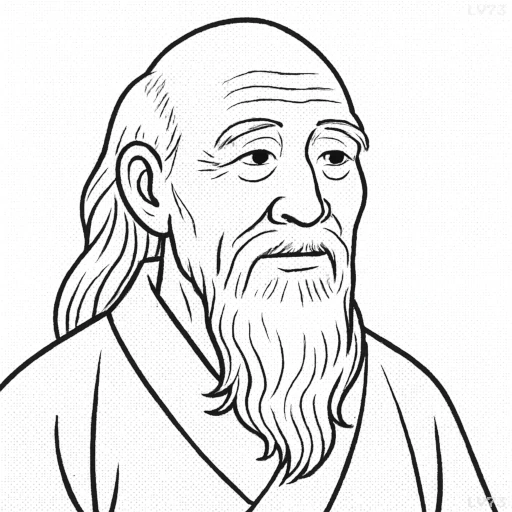“When the best leader’s work is done the people say, ‘We did it ourselves.'”

- 571 BC? – 470 BC?
- Born in China
- Philosopher
table of contents
Quote
“When the best leader’s work is done the people say, ‘We did it ourselves.'”
Explanation
This quote from Laozi reflects the ideal of selfless leadership and the concept of natural, unobtrusive guidance. It suggests that the most effective leaders are those who work quietly and behind the scenes, allowing their followers to feel a sense of ownership and accomplishment in the outcome. The best leaders don’t seek personal recognition or glory; instead, they facilitate the success of others and create an environment where people can grow, learn, and ultimately succeed on their own. The people, in turn, feel empowered, believing that they have achieved their goals independently, even though the leader’s influence was crucial.
Laozi’s philosophy of non-interference or wu wei—which means “action through non-action”—is central to this idea. It suggests that leadership should not be about control or micromanagement, but about creating the conditions where individuals can act according to their own nature and capabilities. This approach fosters a sense of trust, autonomy, and community, rather than one of dependence or subservience. In modern terms, the “best leader” can be seen as a mentor or facilitator who empowers others to achieve greatness without imposing their will, a concept that is increasingly applied in collaborative leadership models.
This principle can be seen in various fields today. For instance, in business management, the best leaders often encourage their teams to take initiative and make decisions, fostering an environment where everyone feels they contribute to the success. In education, the teacher who inspires and encourages their students to explore and discover on their own, rather than giving them all the answers, embodies this form of leadership. By following Laozi’s example of humility and empowering others, leaders can create lasting, positive impact without the need for external validation or recognition.
Would you like to share your impressions or related stories about this quote in the comments section?

